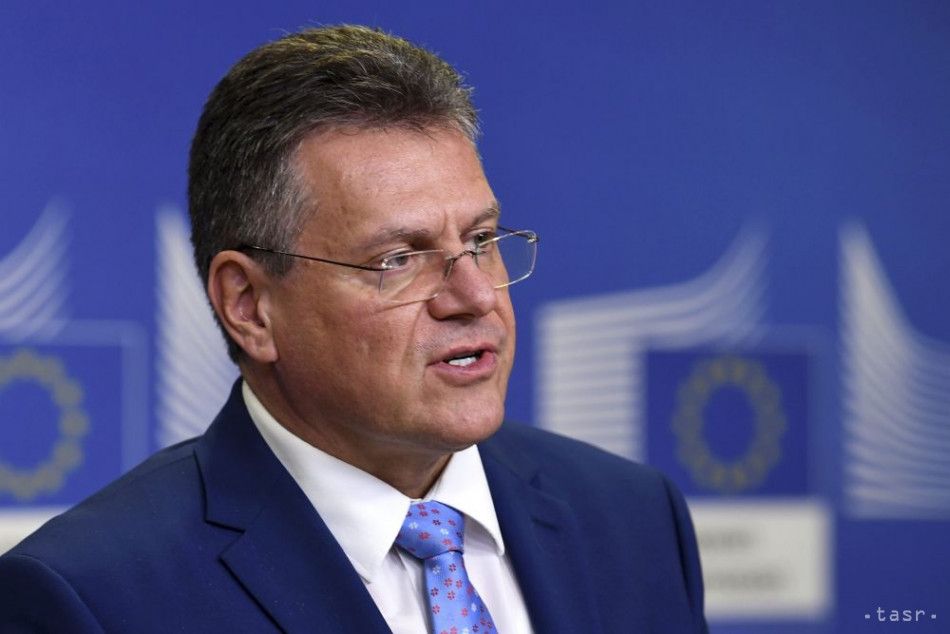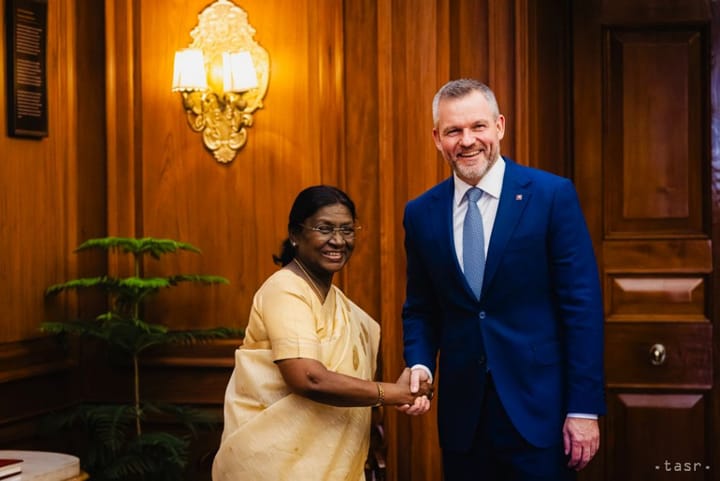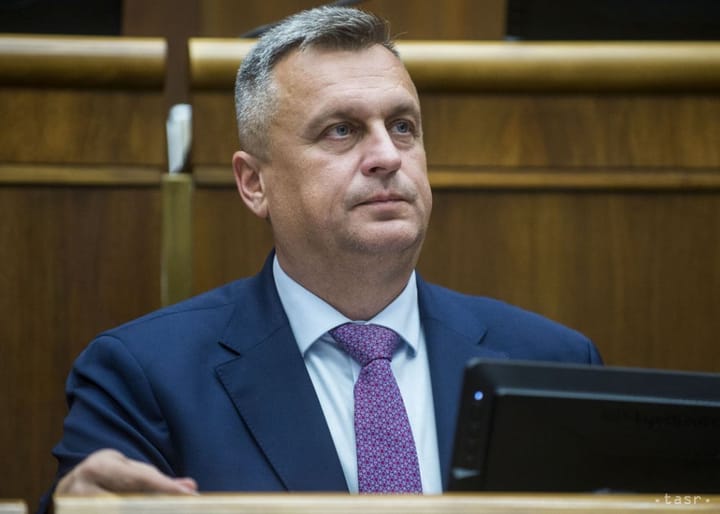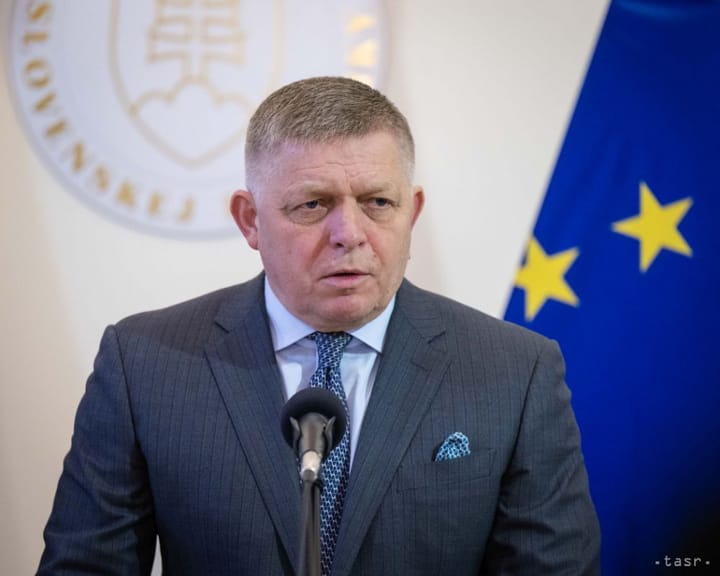Sefcovic: CoFoE Wants EU's Autonomy in Energy, Energy Union Necessary for This

Strasbourg, March 14 (TASR-correspondent) – The EU’s autonomy in energy and thus its reduction in dependence on oil and gas imports, was one of the strong topics that resonated during the weekend two-day plenary session of the Conference on the Future of Europe (CoFoE) in Strasbourg, Vice-President of the European Commission (EC) Maros Sefcovic told TASR on Monday, adding that the Europeans are closer to this demand also thanks to the energy union.
The Slovak European commissioner was responsible in the EC for building the energy union in 2014-2019. “The five years I spent building the energy union is being reflected in practice. I can’t imagine how Slovakia would cope with the current situation without being able to ensure a reverse gas flow to Ukraine, without an interconnector with Hungary, an interconnector with Poland and without the ability to ensure a reverse flow from the Czech Republic,” he said.
According to Sefcovic, several liquefied gas terminals were built during those five years, for the Baltic countries, as well as in Croatia, and other terminals in Western Europe were strengthened. “It allows us to obtain gas from multiple sources and at the same time we’re able to transport it to any corner of the EU. The question is rather capacity, that is how strong the interconnectors and basic resources are,” he said.
The EC vice-president pointed out that during his working trips to the USA he had set up completely new relations for the EU concerning the supply of liquefied gas. He also praised the fact that the pipeline for the import of Caspian gas from Azerbaijan to Italy was completed. The first deliveries amounted to 10 billion cubic metres (bcm) of gas per year, with Azerbaijan having the capacity to increase supplies to 20 bcm.
However, the EU needs to inform suppliers about how much gas Europe will need in the coming years. Also about what ratio it wants to have in the energy mix towards renewable energy sources and green hydrogen, as investments in opening new wells and building new capacities are huge and investors want to be sure of their return. “It will be crucial to agree with suppliers that will allow us to diversify gas supplies on what this market should look like in five, ten and maybe more years,” he said.
According to him, the European Union is currently working on agreements with other suppliers such as Qatar, Egypt and other African countries.



